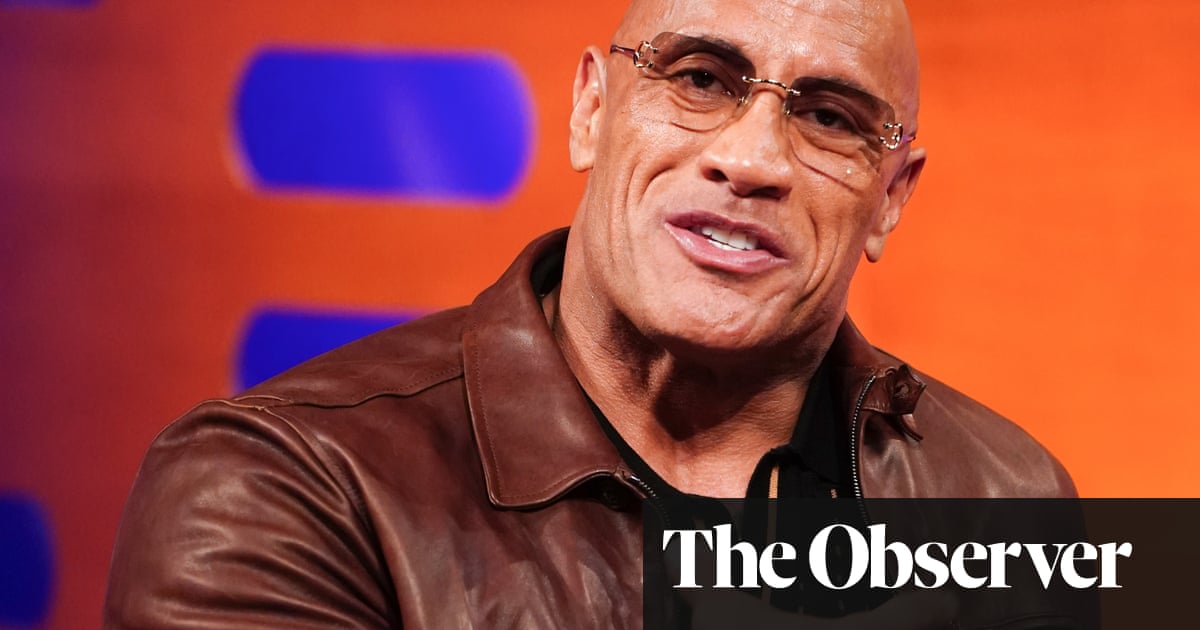Nebraska Republican Sen. Deb Fischer can rest easy, as she is projected to defeat independent Dan Osborn and hang on to her U.S. Senate seat.
Fischer’s victory is a relief to Republicans hoping to take control of the Senate from Democrats. The political neophyte Osborn had mounted a spirited challenge, forcing the GOP to redirect millions of dollars into a deep-red state that former President Donald Trump had carried by 19 points in 2020.
Republicans need to pick up two Senate seats for a clean majority that wouldn’t rely on a vice president to act as a tie-breaker. An Osborn upset could have scrambled those plans.
Fischer, who owns a Nebraska ranching business with her husband, has been in the Senate since 2013 and returns for a third term.
Osborn’s internal polls during the campaign showed him to be leading Fischer, and the senator acknowledged her challenger seemed to be within striking distance. The race appeared close enough that Republicans dumped about $10 million in advertising into it.
That’s an investment they were hoping to avoid. Fischer defeated her Democratic challenger by nearly 20 points in 2018, and no Democrat has won a Senate election in Nebraska since 2006.
Trump ended up cutting an advertisement for Fischer in which he called Osborn a “radical-left person.”
Osborn, a mechanic and union leader, had attacked Fischer as an out-of-touch Washington politician who’s beholden to wealthy donors. Fischer, in turn, tried to portray Osborn as a “Democrat in disguise” rather than the true independent he held himself out to be.
Democrats hoped Osborn could get a lift from high progressive turnout in the battleground of Nebraska’s 2nd District, which includes Omaha, where a single electoral vote was at play in the presidential election. There were no Democrats on the ballot for Fischer’s seat, making it easier for Osborn to consolidate any voters opposed to Fischer.
Despite the buzz surrounding his campaign, an Osborn victory still seemed unlikely heading into November.
“Nobody thought he was going anywhere, and nobody believed any polling that had him within the margin of error,” Paul Landow, a political science professor at the University of Nebraska, Omaha, told HuffPost ahead of the election. “Neither did I, and I still am skeptical, but there’s no question about the fact that he’s got a lot of people’s attention.”
See full results from the Nebraska Senate election here.

 German (DE)
German (DE)  English (US)
English (US)  Spanish (ES)
Spanish (ES)  French (FR)
French (FR)  Hindi (IN)
Hindi (IN)  Italian (IT)
Italian (IT)  Russian (RU)
Russian (RU) 























Comments